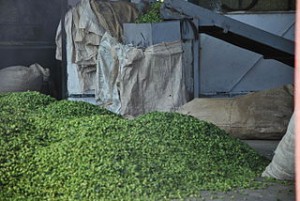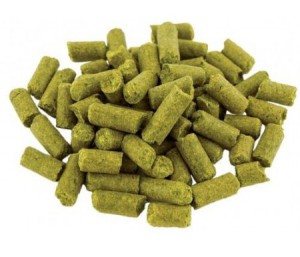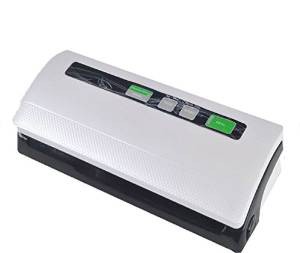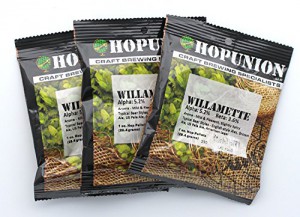Is It Really Important To Keep Hops Fresh?
Absolutely. Have you ever wondered why your beer didn’t have the same great aroma as last time you made it? Maybe you have noticed a ‘cheesy’ odor to your latest batch? There is a strong chance that you need to consider how to store hops more carefully.
Hops have loads of alpha acids and volatile aromatic oils that degrade over time, losing their beautiful aroma, going stale, or even worse, leading to a cheesy or ‘sweaty socks’ aroma in your beer! In this article I will look at ways to minimize this risk and how to keep hops fresh.
Don’t Hoard Hops!
It is very tempting to buy your hops in bulk for a few reasons. They aren’t the cheapest beer ingredient to buy in small quantities, and sometimes you’ll find a great deal on a bulk order. Other times you may find a rare hop that has been sold out since last year and you want all of it!
However, if you do over-purchase your hops, you may soon discover that you have a stash of several types of hop and you can’t remember the last time you used them. Even in the fridge, this is not a good situation. Only buy the amount you expect to use within the next month or two, whenever possible.
Don’t Open the Packet!
I know it’s tempting to open them up and breathe in the glorious hoppy aroma as soon as you get them, but hops are sold in sealed jars and vacuum packs for a reason. Oxygen, light, moisture, and heat will all damage the stability of those volatile oils and alpha acids.
Until you use them, leaving the packaging unopened is an essential step in how to keep hops fresh. Keep the unopened package in your refrigerator or freezer.
Storing Excess Hops
No matter how well you plan, you are likely to have leftovers which will still be perfectly fine for a short while. Hop dealers will say that you can store hops for up to a year, but even commercial brewers are hesitant to use hops older than a few months, even with their dedicated storage facilities. If you know how to store hops correctly, you should be fine for three months, possibly even six (but try to avoid it).
- First, make sure your storage bag or container is clean and sterile. Oh, and label your hop type, the alpha acid percentage, and the date.
- If you have a vacuum sealer, this is a huge advantage. Eliminate all the oxygen and CO2 from the bag and seal it well. If you don’t, try a zip-lock bag with just enough capacity for your hops, squeeze out any oxygen and CO2, and seal it.
- Place this sealed bag into a Tupperware container with any other hops also sealed in individual bags.
- For bonus points, add a humectant to the container (like those little dehydration sachets that come in some packaged foods).
- Seal your container and store it in your fridge or freezer.
Pro Tip:
![]() Finishing hops bags, sold in home brew stores, contain a teabag with a small quantity of an individual hop – usually between 12-15g (about half an ounce). You can check the expiry date, and if they are still fresh, use these instead of buying a full 100g of hops when you need only a small quantity for finishing.
Finishing hops bags, sold in home brew stores, contain a teabag with a small quantity of an individual hop – usually between 12-15g (about half an ounce). You can check the expiry date, and if they are still fresh, use these instead of buying a full 100g of hops when you need only a small quantity for finishing.
Found This Useful?
Please leave a comment and share any feedback or ask any questions.











interesting article… I used to use ‘spent’ hops from my local brewery as a mulch on my garden…. did wonders for my tomatoes!… Currently using Cascade hops for my new pilsner 😉
A Cascade Pilsner! Sounds amazing! Have you tried Brooklyn Lager?
Hi there, this is a nice article 🙂 I found your website when doing a research about beer and read some articles here. You have many nice articles about beer here.
I never thought that beer ingredients need to be handled that careful. I will share this information with my friend that has some good interest with beer making. Thank you for sharing this information. 🙂
Thank you for your reply alblue. Ingredient handling is often overlooked in brewing, but has a significant impact. Please keep checking back for fresh tips!